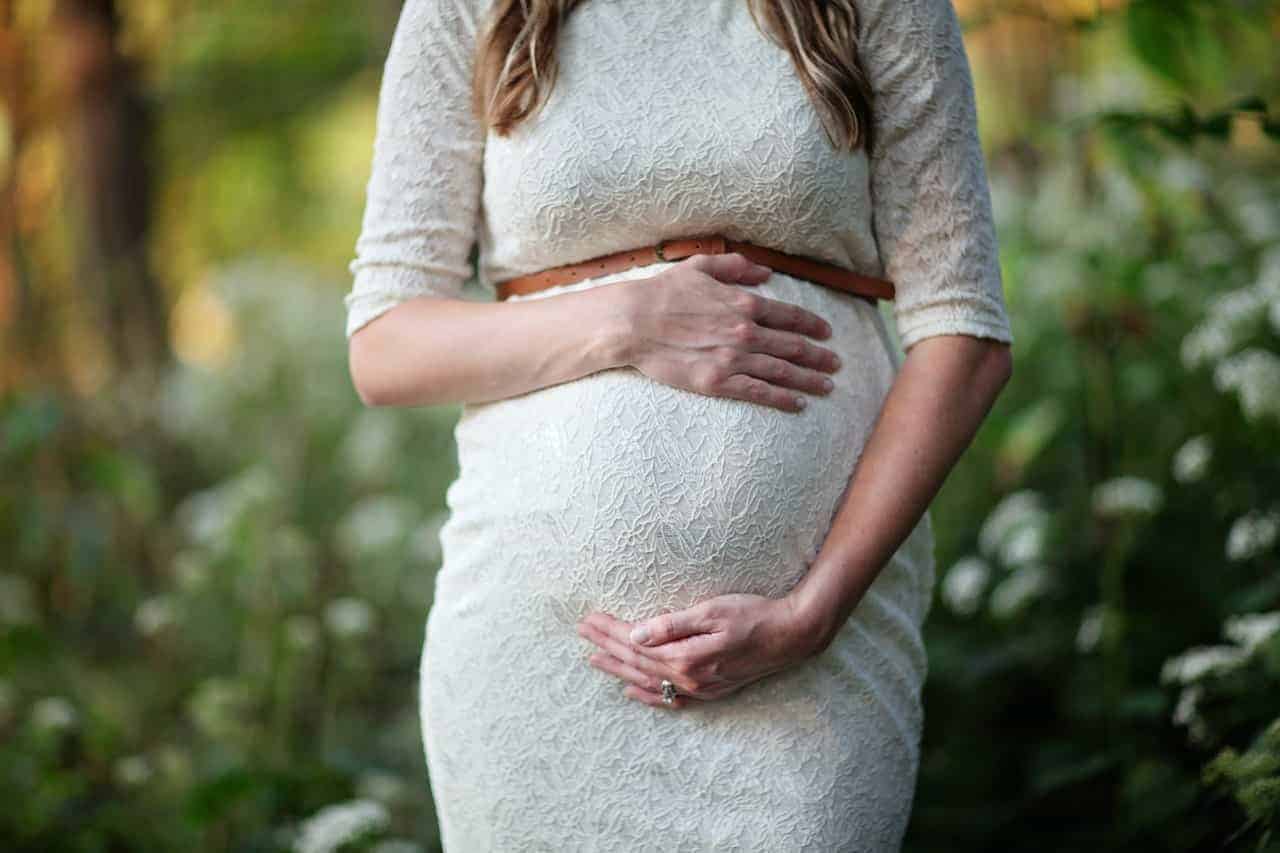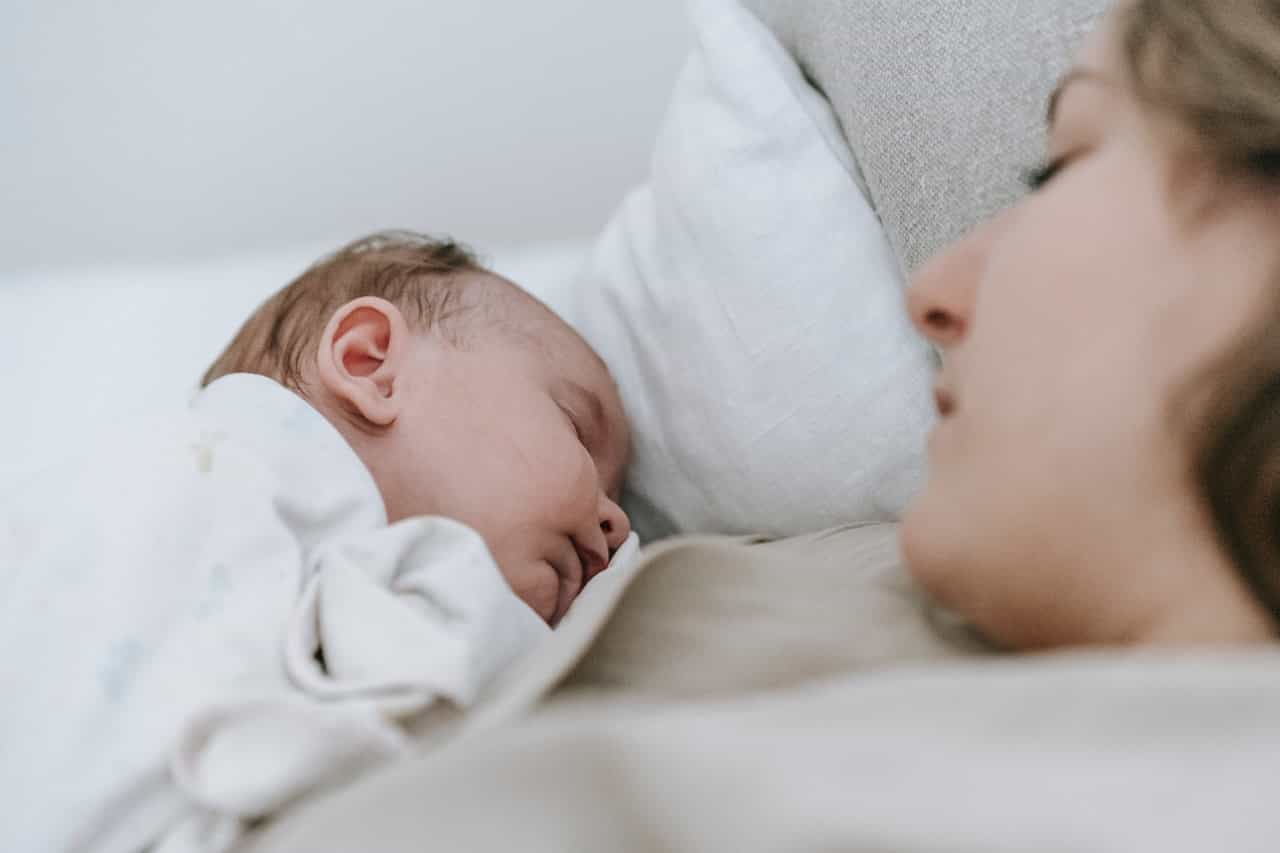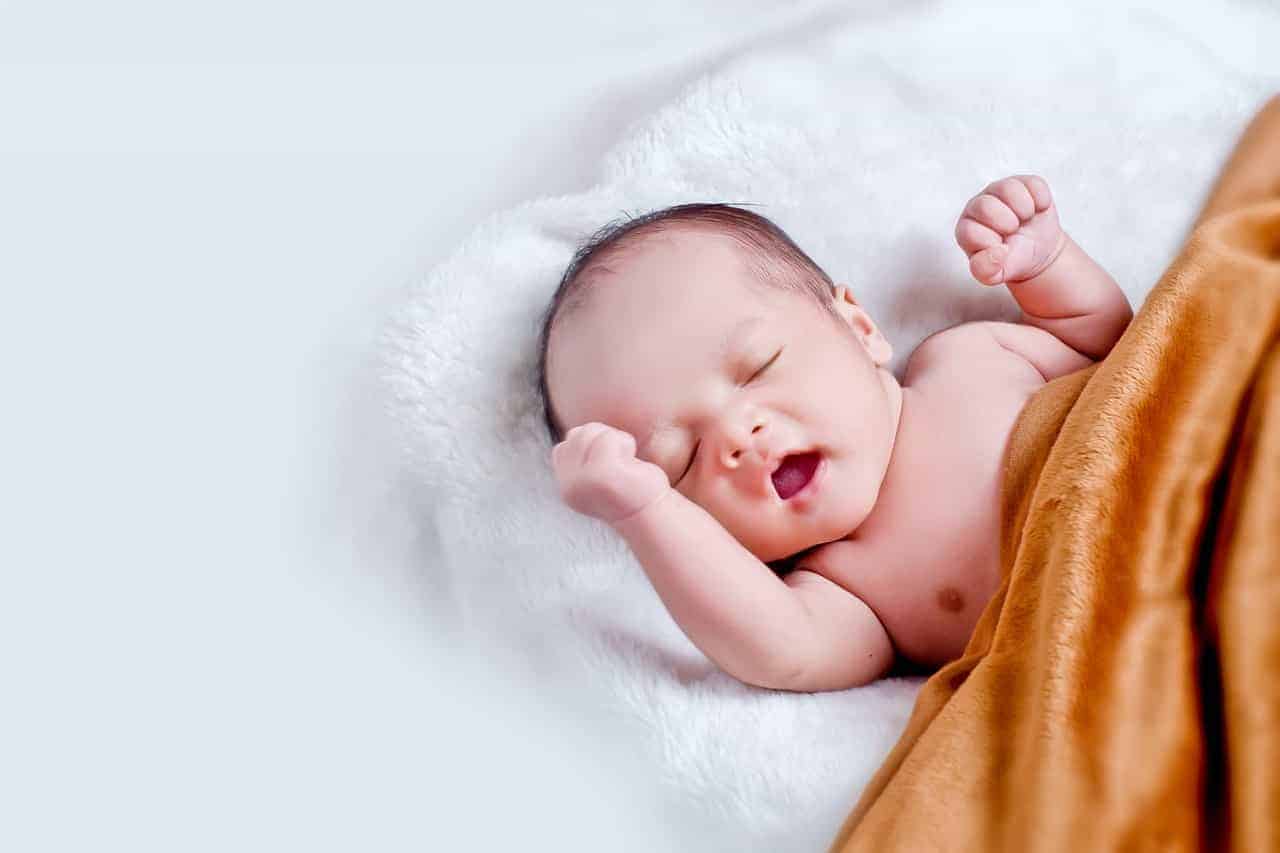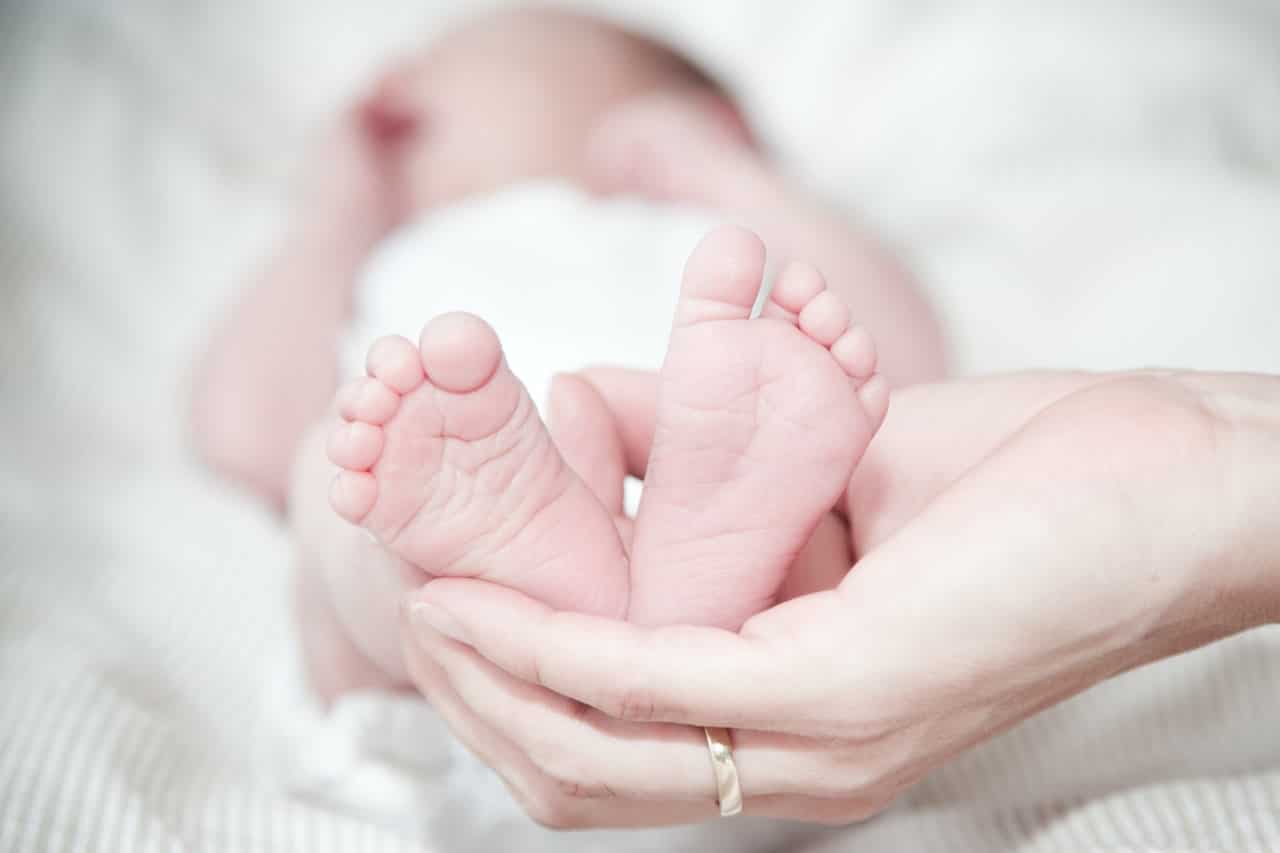Welcome to the fascinating world of babies! As parents, we want to know as much as possible about our little bundles of joy when we need to know the differences between infants and newborns, primarily when the terms are often used interchangeably.
To give your child the best care possible, you must be able to distinguish between an infant and a newborn. In this article, we’ll explore the differences between infants and newborns, looking into physical and developmental differences and their care requirements and similarities. We will then answer the question: Are infants and newborns identical? So let’s jump right in!
What is an Infant?
An infant is a child between birth and 12 months of age. Most of the time, the word “infant” describes a baby between 1 and 12 months old. While infants are generally considered newborns, they are distinct in a few ways.
Most notably, infants are physically and cognitively more mature than newborns and are capable of learning and interacting with their environment. Infants are also beginning to develop their ability to communicate, express needs, and show emotion. They can also recognize people, objects, and sounds and will start to explore their environment.
What is a Newborn?
A newborn is a baby that is between 0-4 weeks of age. They are born with innate reflexes and the capability to formulate a bond with their parents. At this stage of development, newborns will often sleep for most of the day, with periods of eating, elimination, and attentive wakefulness.
Parents should be aware that newborns are not yet fully adjusted to the outside world and may experience “startle reflexes” when the baby jumps or jerks in response to sudden movement or noise. Newborns will also show signs of physical development, such as increased head control and lifting their head from a surface when lying on their stomachs.
Differences Between Infants and Newborns:
Infants and newborns may appear to be the same, but there are crucial differences between the two terms. An infant is any child aged 0-12 months, while a newborn is under one month old. Some key differences between infants and newborns include physical, psychological, and emotional development.
Physically, a newborn is more of a helpless being with little control over anything. A newborn’s muscles are still developing, and cannot lift their head or arms. Infants, on the other hand, have developed enough motor skills to reach for and grasp objects.
Psychologically, newborns cannot yet communicate with words but can communicate their needs through crying and facial expressions. On the other hand, infants have developed the cognitive skills to start recognizing and understanding words and are learning a language.
Emotionally, newborns learn to trust the people and world around them, while infants develop more extensive emotional repertoires. Infants are beginning to understand and recognize joy, fear, and anger.
Overall, there are significant differences between newborns and infants, both physically and emotionally. Parents must know the differences to provide their child with the best care and love.
Physical Differences:
When discussing the differences between infants and newborns, one of the most apparent differences is their physical characteristics. Infants, typically defined as children aged 0-12 months, possess the characteristics of a typical baby. They will have large heads and small bodies and be able to hold their heads up; however, they will not usually be able to sit up or crawl.
Newborns, on the other hand, possess different physical characteristics. They typically have much softer heads, thinner arms and legs, and their skin is less wrinkled than an infant. They generally cannot hold their heads up or support their weight.
Developmental Differences:
When talking about infants and newborns, one of the critical points of distinction is their level of development. Infants are those aged 0-12 months, and newborns are those aged 0-4 weeks. The primary difference between infants and newborns is the physical, cognitive, and social skills each possesses.
Newborns may have little control over their movements. In contrast, infants will have improved reflexes and mobility, including abilities to roll over, respond to sounds, reach for things, and explore their environment. Cognitively, infants display more significant levels of problem-solving, memory, and the ability to recognize faces, while newborns still develop these skills. Infants can socially show emotion, imitate others’ actions, and respond to their names, while newborns are still learning to interact with their environment.
Overall, infants and newborns differ in their physical, cognitive, and social development levels. Understanding and being aware of these differences is essential to better care for each stage during infancy.
Care Requirements:
When caring for infants and newborns, knowing how they are different and what they need is essential. Newborns may still require some assistance feeding, while infants can feed independently. Newborns may require more frequent monitoring and tending to, while older infants can have more autonomy.
Newborns must be swaddled or held more often to help them feel secure and comfortable. In contrast, infants need more excellent activity and exploration to aid in developing their cognitive, physical, and emotional skills.
Both infants and newborns require frequent changes of clothing and diapers and may need assistance bathing. Additionally, both infants and newborns require safe, secure sleeping arrangements.
Similarities Between Infants and Newborns:
The terms’ infant’ and ‘newborn’ are often used interchangeably, but there is an essential distinction between the two. Although there are some distinct differences between an infant and a newborn, they also share some similarities.
From a medical standpoint, the main similarity between an infant and a newborn is their stage of development. Both infants and newborns are at the start of the growth and development process. Although the period may vary, usually, a newborn becomes an infant at the age of 2 months.
In terms of physical development, both infants and newborns can experience some natural reflexive movements. It can include the startle reflex, rooting reflex, and sucking reflex, to name a few.
Infants and newborns also share similar immunization and vaccination schedules. Immunizations protect infants and newborns from disease, so these ages must receive the same vaccines.
Regarding diet, infants and newborns primarily rely on formula and breast milk for nutrition. Over time, an infant may transition to solid foods and eventually a toddler diet, but during the early stages, an infant’s diet is much the same as a newborn’s.
It is also important to note that infants and newborns need regular check-ups with a pediatrician. These check-ups ensure that the baby is growing and developing correctly.
While there are several differences between infants and newborns, they also share many commonalities. From stages of development to immunizations and diet, infants and newborns require similar care and attention.
Is infant and newborn the same thing?
No, an infant and a newborn are not the same things. Typically, an infant is a child between birth and 12 months old, whereas a newborn is any baby between 0 and 3 months of age.
It is important to note that a newborn is a particular infant with different needs than an infant. Newborns require much more attention and care than infants, as their needs are more delicate and specific. Babies in the newborn stage require that you provide them with frequent feedings and deep, uninterrupted sleep. It’s also necessary to keep them clean, have appropriate clothing, and ensure their safe and comfortable environment.
While still requiring the same love and attention as a newborn, an infant has more developed needs, specifically around learning and development. At this age, infants need exposure to sound and language, experiences that will support their physical, cognitive, and emotional development.
It is also essential to know that newborns are unsuitable for daycare as they require more direct attention and special care than infants. Therefore, if both parents work full-time, another arrangement or support must be in place to provide the necessary care for a newborn.
Ultimately, newborns and infants require a different level of care and attention. Awareness of these differences is essential to provide the best care for any baby. With the right level of knowledge and love, parents and caregivers can ensure that their baby’s needs are met in the newborn and infant stages.
What is the difference between a newborn and an infant?
Understanding the distinctions between newborns and infants is essential, as they have different care requirements. Newborns, also known as neonates, are recently born babies. They are typically younger than four weeks old. Infants, however, are babies at least one-month-old and typically younger than one year.
The physical distinctions between newborns and infants are significant. A newborn is typically more miniature, with an average head circumference of 33.5 cm. Infants, however, have larger head sizes, usually around 43 cm. Newborns are also more fragile and require extra care due to their smaller bodies and immature organ systems.
Newborns also need more frequent feedings than infants. Newborns must feed every two to three hours, while infants feed every three to four hours. Additionally, newborns may need more comfort and cuddling than infants due to their delicate skin. Due to their immature nervous system, newborns may startle more easily than infants.
Newborns also need more frequent diaper changes, as they can have as many as 8–10 diaper changes daily. Additionally, newborns may require more sleep than infants, typically about 16 to 17 hours daily. When compared to newborns, infants often have longer wake times but less frequent naps.
Physically, newborns and infants can also be distinguished by the degree of their motor skills. Newborns lack control over their motor movements, as their muscles still need development. In comparison, infants are starting to gain control over their body movements and may be able to lift their heads or roll over.
Understanding the differences between newborns and infants is essential, as they have different care requirements. Newborns require more frequent feedings, diaper changes, and cuddling, while infants can stay awake for longer and start to gain control over their bodies. Understanding the physical and developmental differences between newborns and infants will help ensure babies get the best care.
Conclusion:
In conclusion, understanding the difference between infants and newborns is vital for medical and parenting professionals. Infants and newborns are very young and typically dependent on their caregivers for basic needs, but significant physical and developmental differences exist between them.
Newborns are days, weeks, or months old; infants are one to twenty-six weeks old. Infants can generally hold their heads up and respond to voices, while newborns may struggle. Infants require specialized feeding, immunizations, and developmental activities, while newborns may require more individualized care and monitoring.
While both types of children can benefit from love and attention, caregivers must understand the differences between infants and newborns to provide the best possible care for each.
We are young/teen girls and boys. We enjoy our life using travel blog and outings and watching people’s lifestyle blog. We try to share our knowledge and what we are looking. We discussed with various people from our and other countries about fashion blog and health blog related knowledge sharing. We get tips and just share them.
Some of us are pure technology blog love guys and girls who share some tips about internet and business blog related. Some of my friends share knowledge on baby care , home improvement, beauty tip blog, and general knowledge. You can easily read our blogs in your free time or on Sunday and get more information with enjoying knowledgeably sharing. That’s why we called Sundaybestblog.
Share This!!










